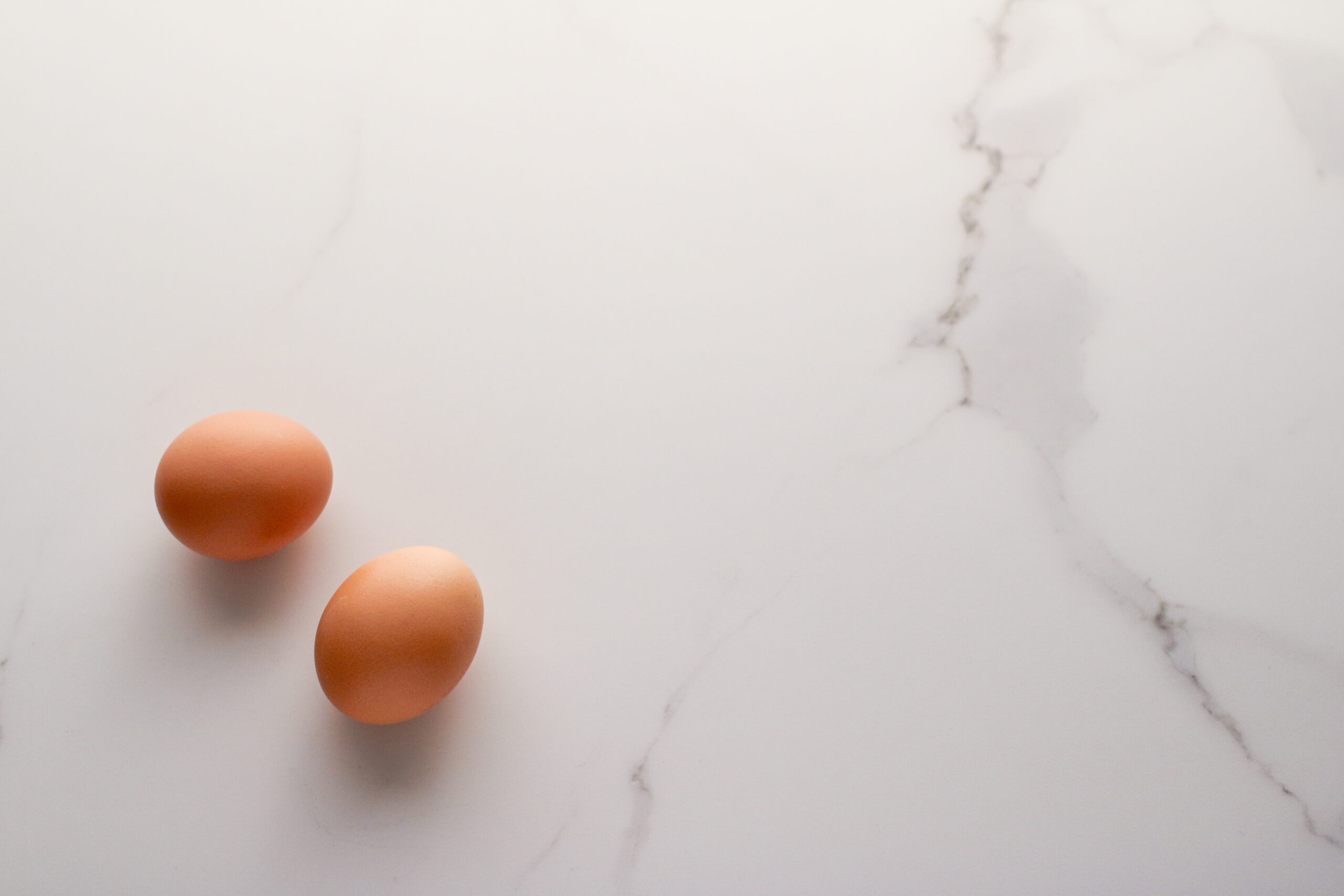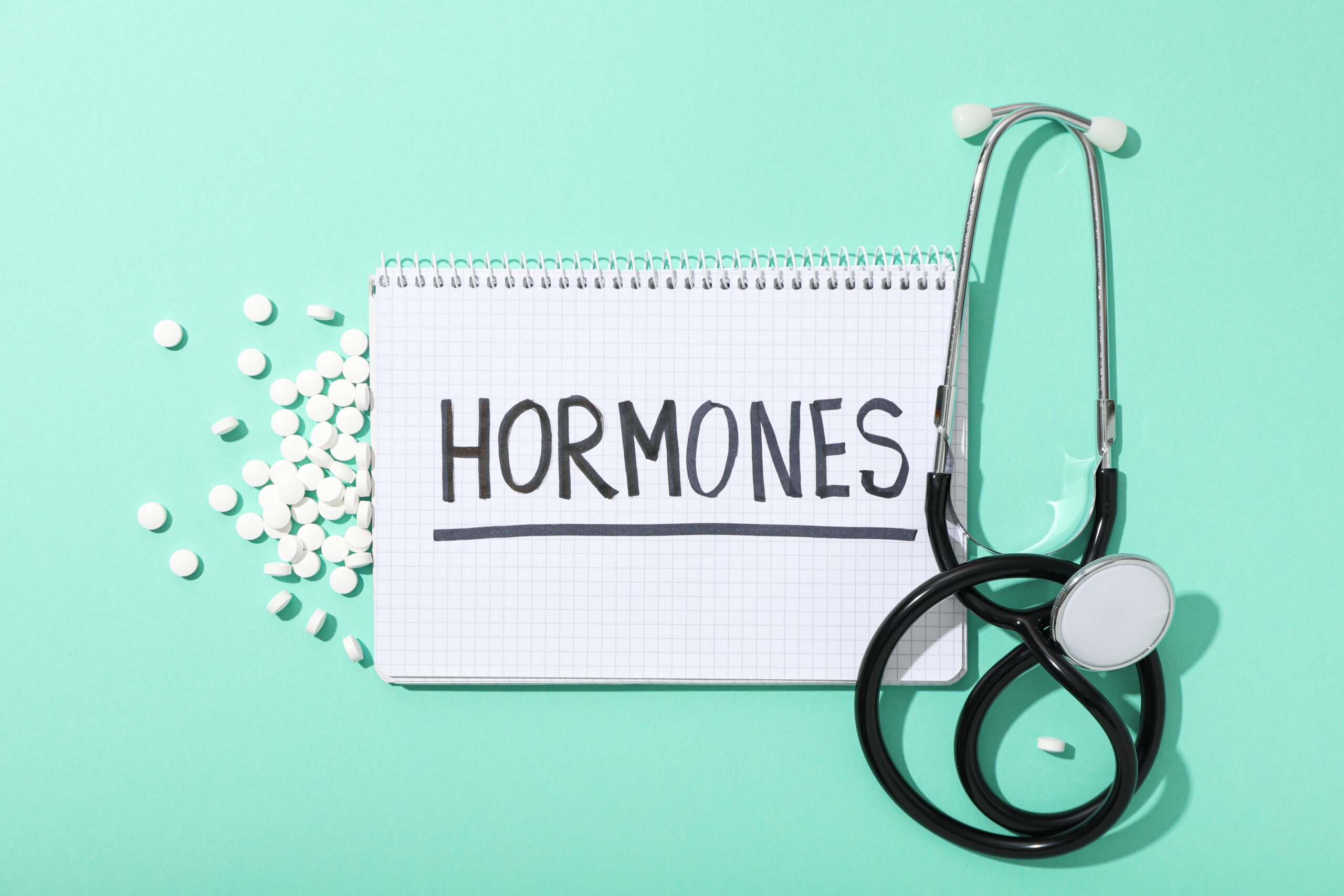Starting your IVF journey may come with many questions, but one common question in IVF is, “How many eggs are needed for success??” This may seem like a simple numbers game, but the answer is more complex. Each person’s IVF experience is unique and different. This process has many emotional and physical ups and downs. It’s important to understand how different factors, like the number of eggs, affect the outcome. You are not alone in seeking clarity. Many individuals and couples ask this while dealing with an already overwhelming process. The good news is that IVF success isn’t just about egg quantity—quality matters too.
Egg Quantity vs. Quality
It’s easy to assume that the more eggs retrieved, the better the chances of success. While more eggs can increase the chances of finding healthy ones, quality is just as important, if not more. Your body may produce 10, 20, or even more eggs, but not every egg will be suitable for fertilization. This is where the focus shifts from just quantity to a delicate balance between the two.
Studies suggest that retrieving between 10 to 15 eggs offers a strong probability of success during an IVF cycle. A study in Human Reproduction found that patients with 15 retrieved eggs had higher chances of pregnancy than those with fewer. This doesn’t mean that having fewer eggs is a disadvantage. Success can still happen with fewer eggs, depending on individual factors and egg quality.
The Role of Age
Age plays a significant role in determining both the quality and quantity of eggs. Women under 35 usually have more eggs and better quality. Women over 35 may have fewer eggs, and they may have a lower chance of pregnancy. However, age is just one factor. Medical advances have made IVF successful for people of all ages.
If you are in your late 30s or 40s, your doctor may suggest extra strategies. This could include multiple retrieval cycles or genetic testing to improve your chances.
Tailoring the Approach to Your Body
Your body is unique, and your IVF plan will be too. Your doctor will monitor your ovarian reserve (the number of eggs you can produce) and create a treatment plan just for you. For those with low ovarian reserve, remember that quality, not quantity, is key to success.
The medication dose, the timing of your cycle, and your overall health will all be considered. These factors help determine how many eggs can be retrieved during IVF. No two IVF cycles are the same, and we are here to guide you, making sure your approach is as personalized as possible.
Staying Mentally Prepared
Throughout this journey, it’s crucial to manage your expectations. IVF is a process that often requires more than one cycle to achieve pregnancy, and that’s okay. Focus on what your body can do rather than what you think it should do. We are here to figure this out together, one step at a time.
Celebrate each small victory—from the first injection to the egg retrieval. A positive mindset, while not guaranteeing success, will help you stay grounded and focused on the end goal. Remember, IVF is about perseverance and patience.
Egg quantity alone does not define your IVF success. The health of your reproductive system, the support of your medical team, and your mental readiness all play important roles. Your journey may require adjustments along the way, but we will be with you every step. Understanding that both egg quality and quantity matter can help you prepare. Each person’s IVF experience is different, so being ready for the journey ahead is important.
FAQs:
- What happens if fewer eggs are retrieved than expected?
Fewer eggs don’t always lower your chances of success. The quality of each egg matters. Sometimes, fewer but healthier eggs can lead to a successful pregnancy.
- Can IVF still work if I’m over 35?
Yes, IVF can still be successful after 35, but your doctor may suggest extra strategies like multiple cycles or genetic testing. Age impacts egg quality and quantity, but many people have success with IVF later in life.
- How is egg quality determined during IVF?
Egg quality is assessed based on factors like maturity and morphology (shape). Doctors often recommend testing and careful monitoring to identify the healthiest eggs during the retrieval process.
- Is it possible to improve egg quality before IVF?
There are no guarantees, but a healthy lifestyle can help. Managing stress is important, and taking supplements like CoQ10 may improve egg quality. Always consult your doctor before starting any supplements.





